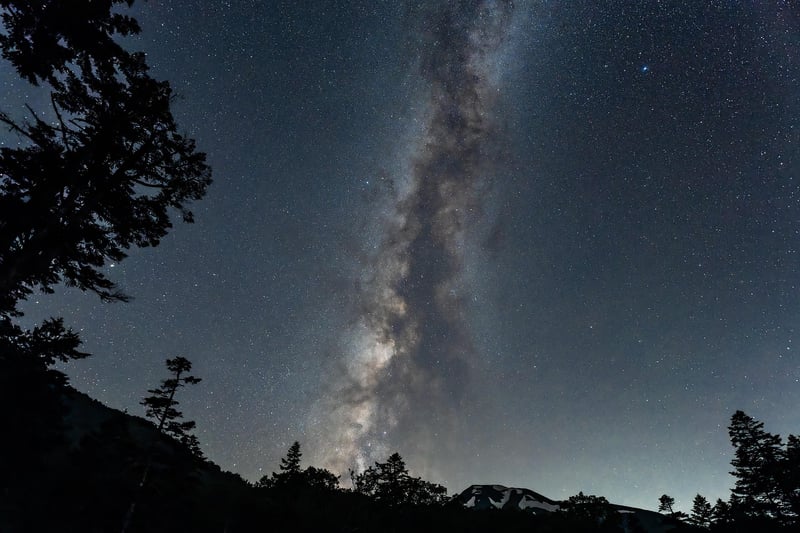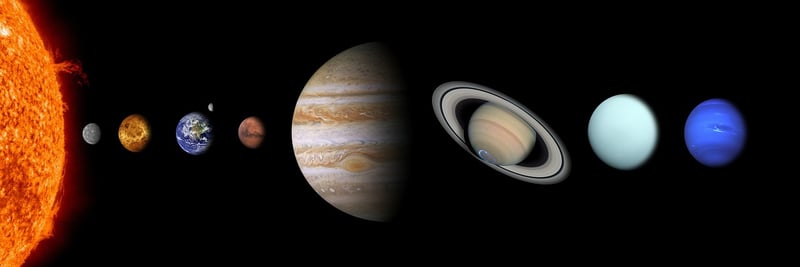Planetary Protection
Ethical Dilemmas in Space Exploration and Planetary Protection
Space exploration has always fascinated humanity, opening up new frontiers and possibilities. However, as we venture further into the cosmos, we are faced with various ethical dilemmas that challenge our values and principles. One crucial aspect of space exploration that requires ethical consideration is planetary protection.
What is Planetary Protection?
Planetary protection refers to the practices and policies put in place to prevent contamination of celestial bodies, such as planets and moons, with Earth-based organisms and vice versa. The goal is to preserve the integrity of extraterrestrial environments and protect potential alien life forms that may exist.
Ethical Dilemmas in Space Exploration
As we send spacecraft to explore other planets and moons, ethical dilemmas arise regarding the potential impact of our actions. Some of the key ethical considerations include:
- Contamination: How do we prevent our spacecraft from contaminating other worlds with Earth microbes?
- Sample Return: Is it ethical to bring back samples from other planets that may contain alien life forms?
- Colonization: Should we colonize other planets, potentially disrupting indigenous ecosystems?
- Resource Exploitation: How do we ethically utilize resources on other celestial bodies without causing harm?
Striking a Balance
While the exploration of space offers immense scientific benefits and the potential for new discoveries, it is crucial to strike a balance between progress and ethical considerations. Planetary protection guidelines set by organizations like NASA and the United Nations aim to ensure responsible space exploration.
Conclusion
As we continue to push the boundaries of space exploration, ethical dilemmas will persist. By addressing these challenges thoughtfully and ethically, we can pave the way for a sustainable and responsible approach to exploring the cosmos.

Explore the mysteries of the universe while upholding ethical standards to safeguard the wonders of space for future generations.
